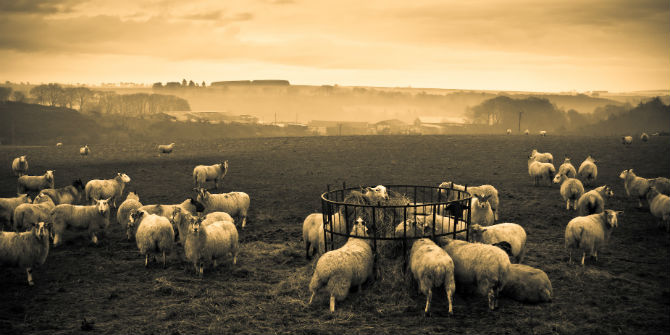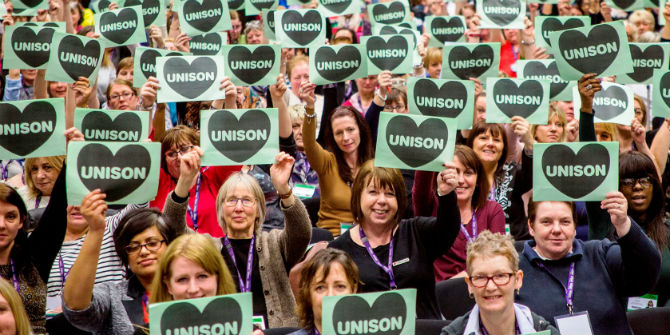What would leaving the EU mean for British farmers? For most, says Giacomo Benedetto, the risk of losing funding, free trade, seasonal labour and agricultural standards is almost unthinkable.
In November the EU news magazine Euractiv held a seminar in London, co-financed by the European Commission, at which the future of agriculture in a UK outside the EU was discussed. Participants included a group of farmers and their representatives, as well as other interest groups such as the Soil Association, which promotes organic farming, specialist media, policy specialists and academics.
The overwhelming consensus was that leaving the EU could be disastrous for British farming, not only because of the loss of Common Agricultural Policy funds but also due to the medium-term uncertainty about the economic relations between British farming and its export markets.
First of all, trade with the rest of the EU is vital for farming exports. The economic risks of its loss are huge for all operators in the sector. Exit from the EU, if it brings restrictions on free movement of workers, would also decimate the source of farm workers, many of whom are recruited seasonally from across the EU and who could not be replaced by British workers. In the words of one farm representative: “The risk of leaving is far too great even to think about.”
The EU is also vital for verifying the quality of food and organics standards. According to environmentalists, the payment of agricultural finance could become a binding condition of high environmental standards in farming, such as maintaining clean water and clean soil – and this would be much more difficult to achieve outside the EU, without the funds and regulatory frameworks that the EU can provide. Leaving the EU could remove agricultural regulations without a guarantee that they would be replaced at national level.
A Britain without the CAP’s financing and regulatory systems would lead – for those farms that survive – to an agriculture that is more intensive and industrialised, typified by much larger scale farming such as that found in the US. This would harm rural communities. Without the EU, farmers would be more vulnerable to global competition and lower standards.

The representatives of younger farmers, who struggle to set up farming businesses in a sector where they currently have to rent land at high prices, expressed a willingness to move forward with new techniques if the EU will support it. To prosper in partnership with the EU, younger farmers need help with gaining access to land and to finance investment in new technology.
If Britain does leave, it will be outside the decision-making process of the world’s largest internal market. Even if the UK retains access to the single market (which is not guaranteed), the UK would have no influence on the regulatory and environmental standards in European agriculture. This would be particularly problematic for the sheep sector, which exports to rest of EU and where rules could be set without consideration for the interests of UK sheep farmers.
The only farmers to benefit from leaving would be the very smallest, who at present receive no subsidy and who only supply the UK domestic market. Currently, they are disadvantaged because their larger competitors are subsidised and because they have to compete with importers.
Dr Giacomo Benedetto is a senior lecturer in politics and policy at Royal Holloway, University of London.
The views expressed in this post are his and not those of the BrexitVote blog, nor the LSE.








In a nutshell why UK should leave the EU……..
http://www.telegraph.co.uk/news/2016/05/07/farmers-fall-victim-to-the-maddest-eu-subsidy-shambles-of-them-a/
…….yet the EU-sponsored London School of Economics, insists that Britain’s farmers want to ‘stay in’.
https://blogs.lse.ac.uk/brexit/2015/12/02/the-cap-fits-why-farmers-want-to-stay-in-the-eu/
Rubbish.
Essentially, the ‘jobs that will be lost’ if UK leaves basically boil down to absurdly incompetent clowns like the RPA…….so what?